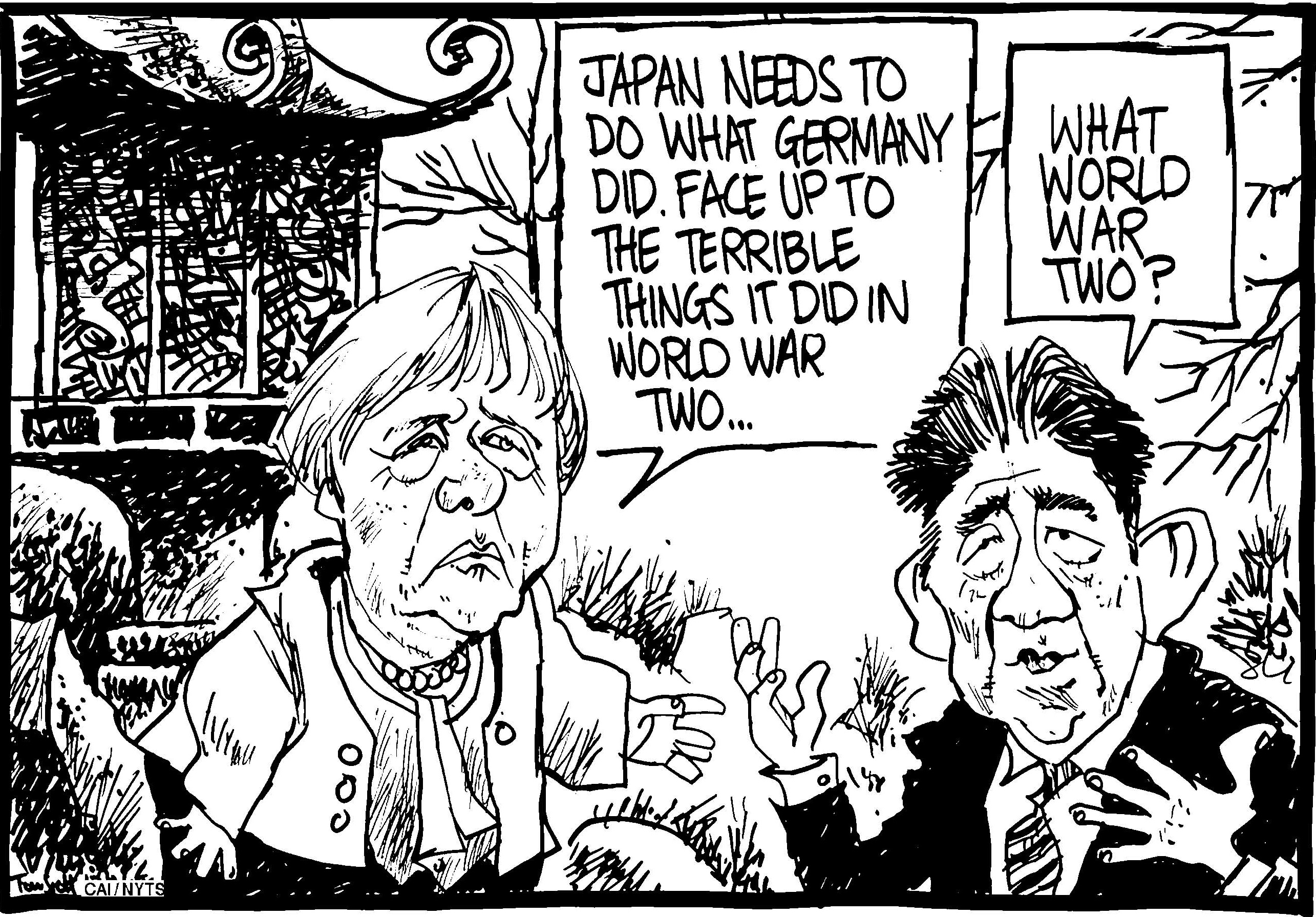At a meeting not too long ago, I asked an extremely able and sophisticated Japanese official involved in public diplomacy what his job entailed. The first item he listed was the need to counter the damage to Japan's image overseas caused by Asahi Shimbun. I have no doubt that he didn't believe a word of what he said — he was far too intelligent and cosmopolitan. But he was doing his duty as a servant of the state who must obey his superiors.
The dislike for Asahi on the part of the Prime Minister Shinzo Abe and his supporters is not new. We can trace it back at least to his grandfather, Prime Minister Nobusuke Kishi (1957-60). Indeed, though Asahi is now more a pillar of the establishment than a hard-core leftist daily, its political positioning is openly hostile to the Abe administration.
Since Asahi retracted a series of reports about a Japanese man who claimed to have abducted Korean women into sexual slavery for the Imperial Japanese armed forces, not only the prime minister but the entire right-wing media has branded the paper as responsible for slandering the nation's honor and perpetuating lies about the coercion of "comfort women."



















With your current subscription plan you can comment on stories. However, before writing your first comment, please create a display name in the Profile section of your subscriber account page.